NASA and Boeing were forced once again to call off the first crewed launch of the company’s Starliner spacecraft.
NASA astronauts Barry “Butch” Wilmore and Sunita Williams were scheduled to lift off aboard the Starliner from Florida’s Cape Canaveral Space Force Station on Saturday at 12:25 p.m. ET. The flight to the International Space Station would have been the vehicle’s first with a crew.
The launch attempt was scrubbed with only 3 minutes and 50 seconds to go in the countdown — yet another setback for Boeing, which has already dealt with years of delays and budget overruns with its Starliner program.
Officials were attempting to try again the next day but announced Saturday evening that the flight was postponed “to give the team additional time to assess a ground support equipment issue,” according to NASA.
NASA on Sunday is expected to provide additional updates, including when the Starliner capsule could lift off next. There are additional opportunities on Wednesday and Thursday, according to NASA.
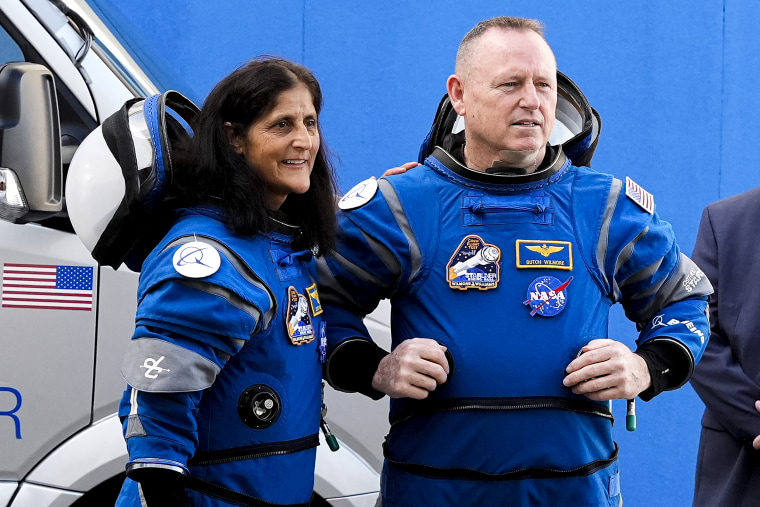
The Starliner’s crewed test flight is required for Boeing to show that the Starliner can safely ferry astronauts to and from the space station. A successful mission could pave the way for NASA to authorize Boeing to conduct routine trips to the orbiting outpost, thereby giving the agency a long-awaited second option to SpaceX’s Crew Dragon capsule.
The decision to call off Saturday’s launch attempt was made after an automatic hold was triggered on a computer known as the ground launch sequencer, which controls operations with the rocket in the final minutes of a launch countdown. The computer is housed adjacent to the rocket on the launchpad.
“These kinds of holds occur when a command goes out and the computer cannot verify the proper response to a command,” said Dillon Rice, a systems test engineer and launch conductor at United Launch Alliance. A joint venture of Boeing and Lockheed Martin, ULA manufactures the Atlas V rocket that the Starliner capsule rides into orbit.
Rice said it’s not yet known what caused the hold.
Roughly two hours before liftoff, a separate issue was detected with ground instrumentation used to top off propellant in the Atlas V rocket’s upper stage, but engineers were able to resolve that problem. Tory Bruno, president and CEO of United Launch Alliance, said it’s unclear at the moment if the two problems were related.
Mark Nappi, vice president and program manager of Boeing’s Commercial Crew Program, said the Starliner spacecraft performed “extremely well” throughout the countdown, despite the late-stage abort.
“This is the business that we’re in,” Nappi said Saturday in a post-scrub news briefing. “Everything’s got to work perfectly.”
Indeed, launch scrubs are not uncommon in the world of human spaceflight.
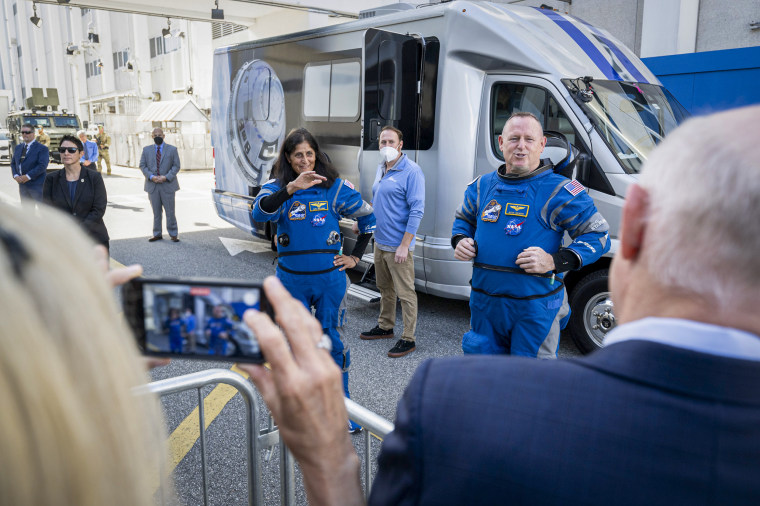
In an interview hours before before Saturday’s launch was called off, Sunita Williams’ mother, Bonnie Pandya, told NBC News that her daughter was in good spirits. “She’s very upbeat. She’s so happy about going,” Pandya said. “She loves it.”
Boeing’s last launch attempt on May 6 was also called off, that time with roughly two hours remaining in the countdown, after an issue with a valve was detected in the spacecraft’s Atlas V rocket. A separate helium leak was subsequently discovered in the Starliner’s propulsion system, further delaying the key test flight.
The rocket’s valve was replaced, mission controllers said at a news briefing last week, but the helium leak was not repaired before Saturday’s scheduled flight because it was determined to be unlikely to pose a threat to the crew or the spacecraft.
Both SpaceX and Boeing developed their spacecraft as part of NASA’s Commercial Crew Program. The initiative began more than a decade ago to support private companies in building new space vehicles to take astronauts to low-Earth orbit, following the retirement of the agency’s space shuttles.
#Boeing #forced #call #launch #NASA #astronauts
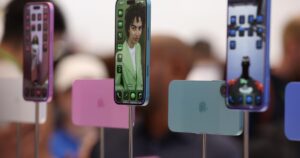





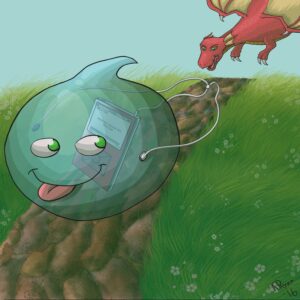
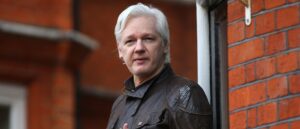


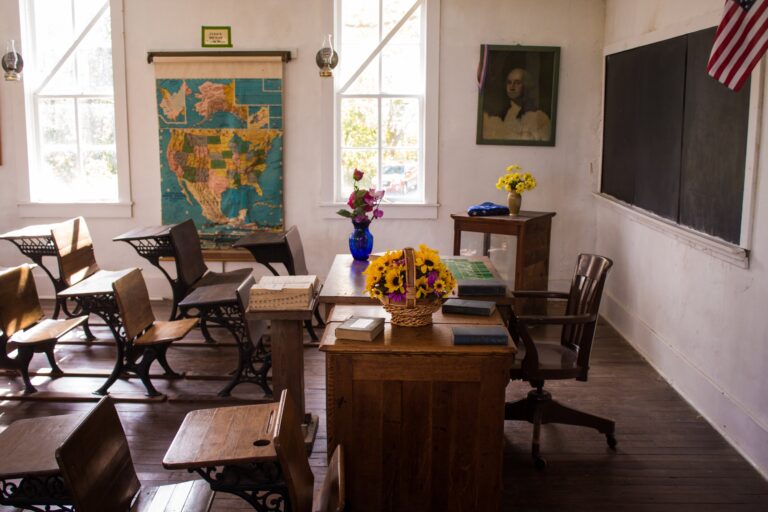
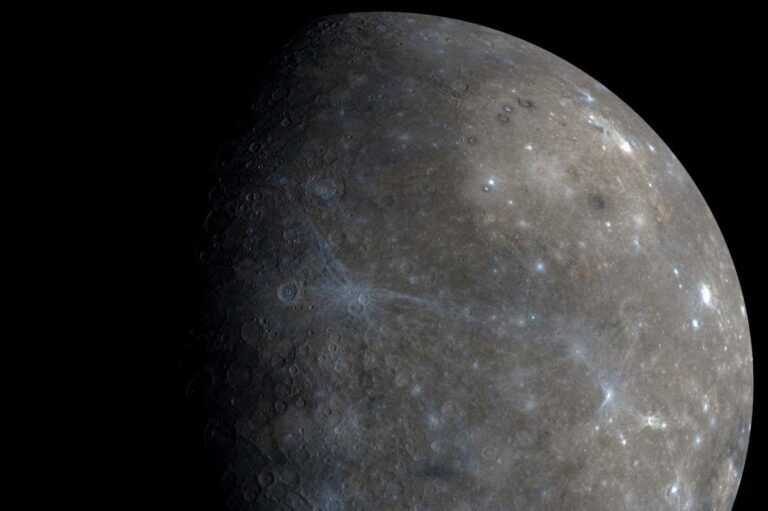
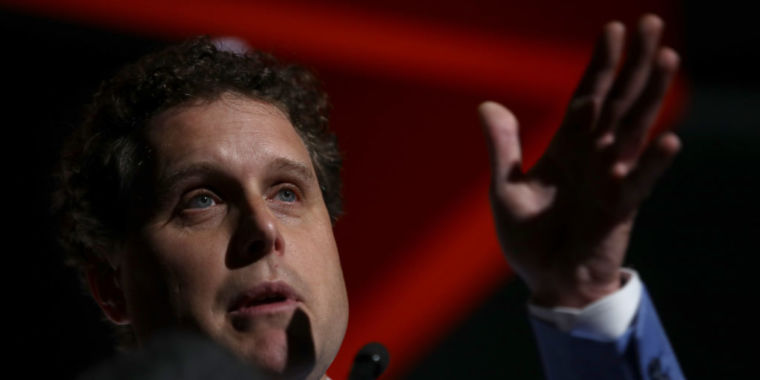
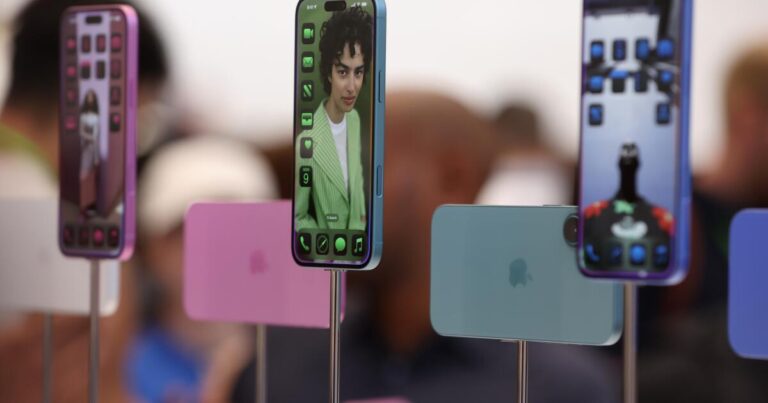

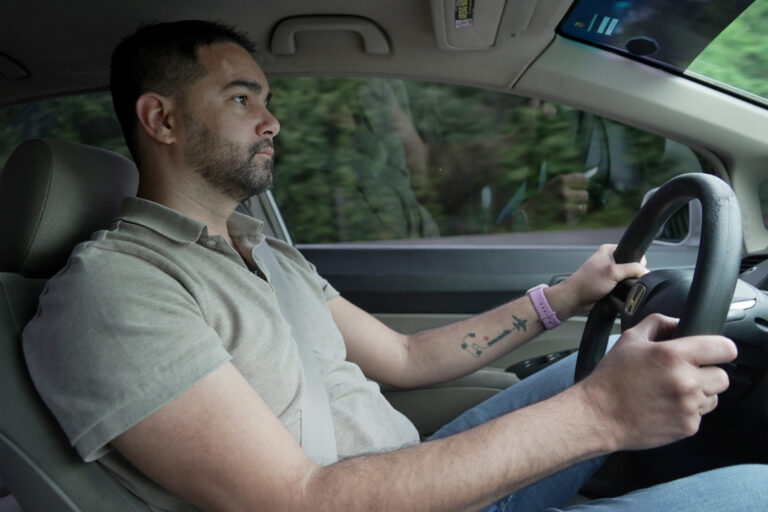

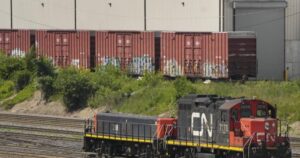
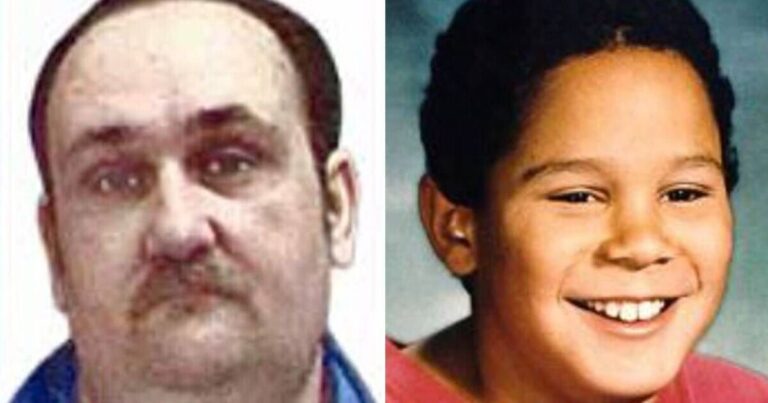
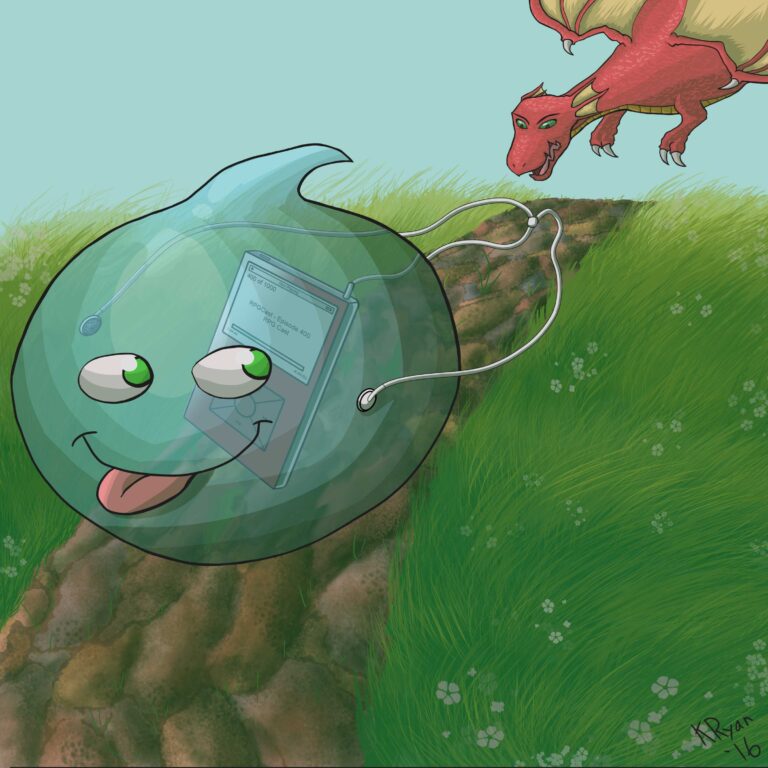
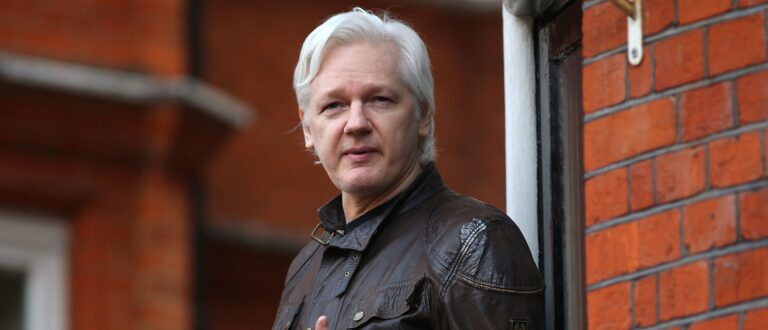
+ There are no comments
Add yours